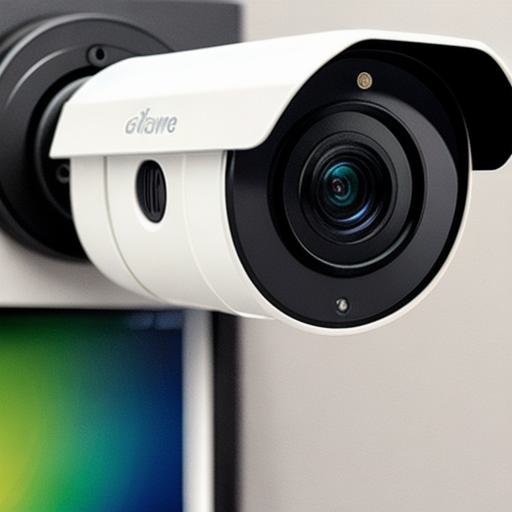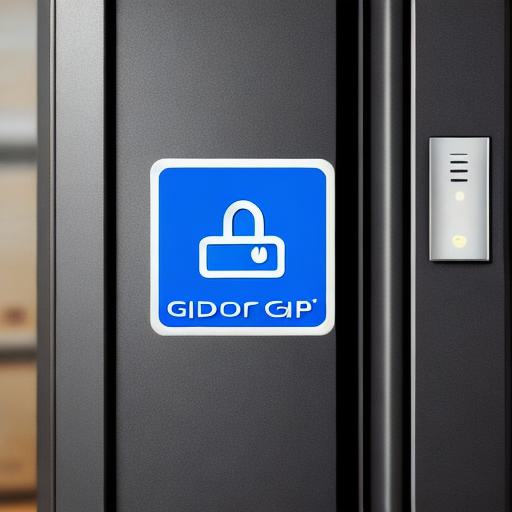When it comes to managing sensitive data in accordance with the General Data Protection Regulation (GDPR), selecting a reliable and secure data room solution is crucial. In this text, we will explore the essential considerations for choosing a data room that complies with GDPR regulations.
1. Security
The security of your data should be your top priority when choosing a data room provider. Look for features such as access controls, two-factor authentication, encryption, and regular vulnerability assessments. For instance, GDPR mandates the use of encryption for personal data both at rest and in transit.

2. Compliance with GDPR
Make sure your chosen data room provider adheres to GDPR regulations. They should have a published Data Protection Policy that is transparent and accessible to all users. Additionally, they must provide you with the tools and resources to enable you to manage and process personal data in accordance with GDPR guidelines.
3. Audit Trails
GDPR requires organizations to maintain detailed records of data processing activities. Ensure your data room provider offers robust audit trails that can help you meet this requirement. Look for features such as access logs, file access records, and change tracking.
4. Data Access
Under GDPR, individuals have the right to access their personal data at any time. Your chosen data room should offer granular access controls, allowing you to manage who can view and edit specific files. Additionally, they should provide a straightforward process for data subjects to make requests for accessing their data.
5. Data Deletion

GDPR grants individuals the right to request deletion of their personal data in certain circumstances. Choose a data room provider that offers efficient data deletion processes and can help you meet this requirement. For example, they may offer ‘right to be forgotten’ functionality or automated data deletion policies.
6. Data Transfers
If you need to transfer data outside the European Economic Area (EEA), make sure your provider supports GDPR-compliant methods such as Standard Contractual Clauses or Binding Corporate Rules.
7. Customer Support and Training
Lastly, a good data room provider should offer dedicated customer support and comprehensive training resources to help you navigate GDPR requirements effectively.
In conclusion, choosing a compliant data room provider is an essential step for managing sensitive data in accordance with the GDPR. By considering security, compliance, audit trails, data access, deletion, transfers, and customer support, you can ensure that your data room solution meets all necessary requirements. Remember that non-compliance can result in significant fines, so it’s worth investing time and resources into finding a reliable and secure provider.
